Hãy nhập câu hỏi của bạn vào đây, nếu là tài khoản VIP, bạn sẽ được ưu tiên trả lời.

1. flood | 2. tornado | 3. vocalnic eruption |
4. storm | 5. landslide | 6. erathquake |

Living in the countryside is very unique. Although many people think that the country is not good or not well-provided, it's still one of the best options for healthy living. In the countryside, first, it's the low cost of living. Secondly, unlike the cities, the country provides fresh air and green spaces. Last but not least, the villagers are always kind and friendly, willing to help each other no matter what.
Some people really prefer to live in the downtown because of its facilities. But I prefer to live in the countryside because of many reasons.
First of all, the life in the city makes me uncomfortable, I cannot bear to live in cramped conditions with the hustles and bustles. We do not have fresh air to breathe, do not have a space for our children to play and for us to relax. It is really tiring and upset to wait for hours because of traffic jams.
Secondly, the pollution because of smogs and dusts and noise can make me feel sick. Moreover, I do not feel safe to live in the city because the criminal situations are rising. , We feel worried when we go out each time.
Thirdly, Nowadays, the conditions of the countryside are better and better, the gap between the cities and the countryside is narrowed day by day.
I love the silence, I love fresh air. I love the good relationships of people. so I love to live in countryside.

Hi Tom,
I hope this email finds you well. I wanted to share an exciting opportunity with you – the upcoming Ok Om Bok Festival! It's a vibrant and culturally rich event that celebrates the traditional harvest season.
Participating in the festival will give you a chance to immerse yourself in the local culture, witness mesmerizing rituals, and enjoy delicious traditional foods. The festival's colorful atmosphere and warm community spirit make it a unique experience.
Don't miss out on this fantastic cultural celebration! Your presence would undoubtedly add to the festive cheer. Looking forward to seeing you there!
Best regards,
Xuan Thanh
Dear Tom,
I'm happy to hear that you are going to join the Ok Om Bok Festival in Soc Trang Province. As I know, Ok Om Bok Festival, also called Moon Offering Festival is traditional folk festival has existed for a very long time of Khmer people in Mekong Delta, especially 2 Tra Vinh and Soc Trang Provinces.
Here, I have some advice for you to dos and don'ts at that festival. First, I think you should wear trainer or shoes and comfortable clothes because maybe you must be walk a lot. And then, remember to bring some bottle of water, it will be hot in Soc Trang so you will get thirsty.
Also, I should remind you that you must not to litter on the ground or run away from your father. It's an big festival so it will be crowded, you should be careful to not get lost. Anyway, I hope you will have a great time with your dad and enjoy the festival.
Cheers
Đáp án:
FRIDAY | SATURDAY |
Sewing class 1. 6 - 8 p.m. | 4. cycling competition 9- 11 a.m. |
2. English club 5-7 p.m. | |
School talent show 3. 7.30 - 9 p.m. | Action movie 5. 8.30 - 10 p.m. |
Hướng dẫn dịch:
thứ Sáu | thứ Bảy |
Lớp may vá 6 - 8 giờ tối | Cuộc thi đạp xe 9 – 11 giờ sáng |
Câu lạc bộ Tiếng Anh 5 – 7 giờ tối | |
Buổi diễn tài năng trường học 7:30 – 9 giờ tối | Phim hành động 8:30 – 10 giờ tối |

Hướng dẫn dịch:
Kỹ năng hội thoại
Không đồng ý một cách lịch sự
Để không đồng ý một cách lịch sự, hãy nói
· That's true, but... (Điều đó đúng, nhưng…)
· Yes, but... (Đúng vậy, nhưng…)
· Really? (I...) (Thật á?)

Đáp án:
1. room | 2. nature | 3. peace | 4. fresh |
5. fresh | 6. vehicle | 7. entertainment | 8. facility |
Hướng dẫn dịch:
giải trí - những thứ mọi người có thể làm để vui vẻ
tự nhiên - động vật, thực vật và những thứ không làm ra từ con người
tiếng ồn - âm thanh khó chịu hoặc lớn
bình yên - trạng thái bình tính hoặc lặng yên
tươi - sạch hoặc mát (ví dụ: nước, không khí)
xe cộ - một thứ được sử dụng để vận chuyển người hoặc vật từ nơi này sang nơi khác, chẳng hạn như ô tô hoặc xe tải
phòng - có sẵn không gian trống để sử dụng
trang thiết bị - một tòa nhà, dịch vụ, thiết bị, v.v. với một mục đích cụ thể
1. Tôi muốn có một khu vườn lớn vì tôi cần chỗ để trồng rau.
2. Nhiều người đến thăm Hawaii vì tự nhiên của nó. Nó có rất nhiều bãi biển và núi đẹp với cây cối và các loài chim đầy màu sắc.
3. Điều tôi thích nhất về thư viện không phải là sách. Đó là yên bình và yên tĩnh.
4. Không khí bên ngoài thật trong lành. Chúng ta hãy đi dạo!
5. Tôi sống gần sân bay, và tôi không thể ngủ vào ban đêm vì tiếng ồn quá lớn!
6. Tôi phải sử dụng phương tiện giao thông công cộng hàng ngày vì tôi không có phương tiện đi lại.
7. Công viên giải trí và nhà hát là hai ví dụ về giải trí trong thành phố của tôi.
8. Tôi nghĩ rằng bệnh viện mới là cơ sở quan trọng nhất trong thị trấn của chúng tôi.

I think teenagers are as stressed as adults because of many reasons related mainly to school, friends and family.In fact, doing well at school involves a lot of pressure, because they have to complete school work, projects and reports and study hard for exams.Then, there is also the stress of having a social life and being accepted by their peers in popular groups in addition to the physical stress which result from some emotional and physical changes which can leave adolescent confused and stressed.Finally, we can mention also the stress that comes from family problems and sibling rivalry.To sum up, we can say that a lot of reasons can led teenagers to stress, which can provoke violent reactions, depression and health problems.
According to me, there are a lot of reasons of stress and pressures. Firstly, as a student, i have to complete a number of assignments at school and at home as well. Moreover, besides subjects, we also have many activies after school, such as physical activities. Students sometime feel under pressures of acheiving goal in sporty competition. Finally, we can mention the stress come from family problems, such as parent’s fight, divorce. All in all, the over-expectation from parents and the overwhelming study scheme at schools are to blame for the significant problem of students’ stress. It is, therefore, suggested that both schools and parents must take actions to cope with this problem effectively.
I think teenagers are as stressed as adults because of many reasons related mainly to school, friends and family.In fact, doing well at school involves a lot of pressure, because they have to complete school work, projects and reports and study hard for exams.Then, there is also the stress of having a social life and being accepted by their peers in popular groups in addition to the physical stress which result from some emotional and physical changes which can leave adolescent confused and stressed.Finally, we can mention also the stress that comes from family problems and sibling rivalry.To sum up, we can say that a lot of reasons can led teenagers to stress, which can provoke violent reactions, depression and health problems.
According to me, there are a lot of reasons of stress and pressures. Firstly, as a student, i have to complete a number of assignments at school and at home as well. Moreover, besides subjects, we also have many activies after school, such as physical activities. Students sometime feel under pressures of acheiving goal in sporty competition. Finally, we can mention the stress come from family problems, such as parent’s fight, divorce. All in all, the over-expectation from parents and the overwhelming study scheme at schools are to blame for the significant problem of students’ stress. It is, therefore, suggested that both schools and parents must take actions to cope with this problem effectively.

Title: A Guide to Making Your School Greener
Introduction: Welcome to our guide on how to make your school greener! By implementing sustainable practices, you can contribute to a cleaner environment and create a positive impact on the planet. In this guide, we will provide you with practical steps to help you and your school become more eco-friendly.
1. Reduce Paper Usage:
Encourage digital communication: Promote the use of emails, online platforms, and shared documents instead of relying on paper-based communication.
Opt for electronic assignments: Encourage teachers to accept electronic submissions for assignments, reducing the need for printed papers.
Utilize both sides of the paper: Encourage students and staff to print on both sides of the paper whenever possible.
2. Implement Recycling Programs:
Set up recycling stations: Place recycling bins strategically throughout the school to make it convenient for everyone to recycle paper, plastic, glass, and other recyclable materials.
Educate on proper recycling: Provide clear instructions on what can and cannot be recycled, ensuring that everyone understands the recycling process.
3. Conserve Energy:
Turn off lights and electronics: Remind students and staff to switch off lights, computers, and other electronic devices when not in use.
Utilize natural lighting: Make the most of natural light by opening curtains and blinds, reducing the need for artificial lighting during the day.
Upgrade to energy-efficient appliances: Encourage the school administration to invest in energy-efficient appliances and LED lighting, reducing energy consumption.
4. Promote Water Conservation:
Fix leaks and drips: Address any leaks or drips in faucets, toilets, or other water fixtures promptly to prevent wastage.
Encourage shorter showers: Raise awareness about the importance of shorter showers to conserve water and encourage students to be mindful of their water usage.
Collect rainwater: Install rain barrels to collect rainwater for watering school gardens or other non-potable uses.
5. Develop Green Spaces:
Start a school garden: Set up a garden where students can learn about sustainable gardening practices and grow their food.
Plant native trees and plants: Native plants require less water and maintenance, while also providing habitat for local wildlife.
Create green roofs: Implement green roofs or living walls to improve insulation and reduce energy consumption while enhancing the aesthetic appeal of the school.
Conclusion: By following these steps, you can make your school a greener and more sustainable place. Remember, small changes can have a significant impact when everyone in the school community works together towards a greener future. Start implementing these practices today and lead the way in creating a more environmentally conscious school environment.
 under up
under up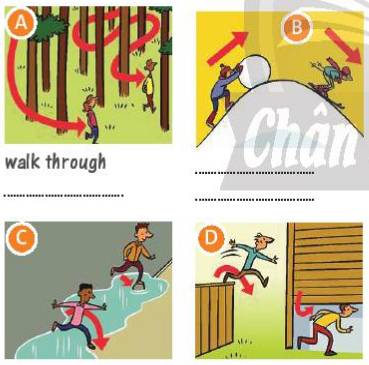
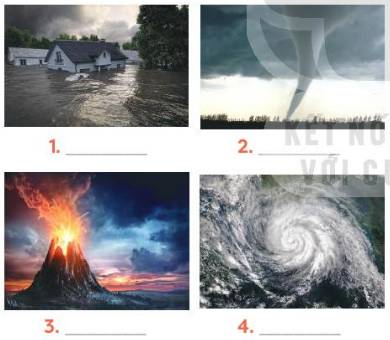
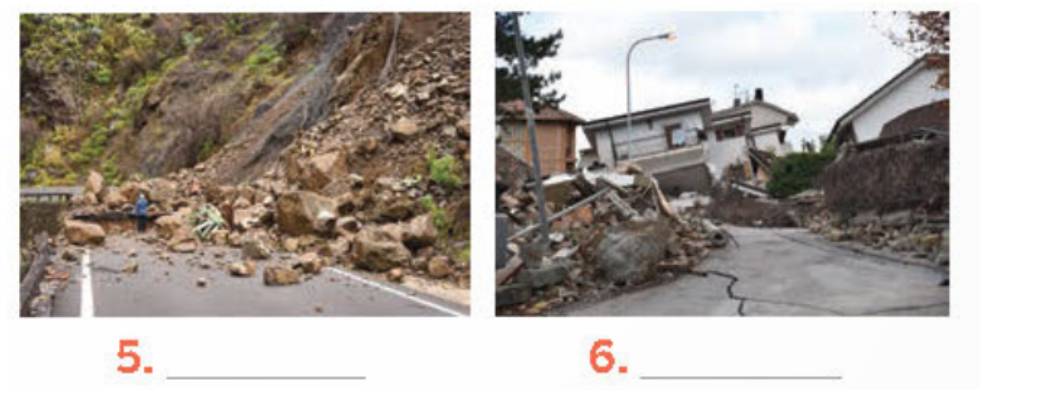
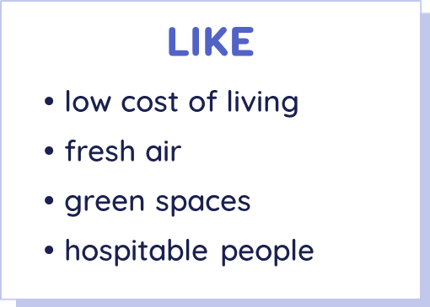
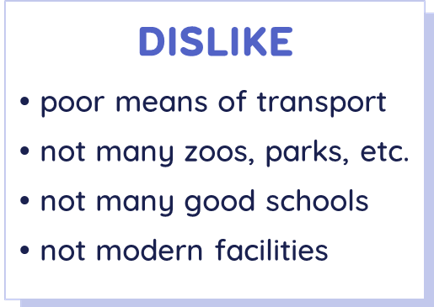
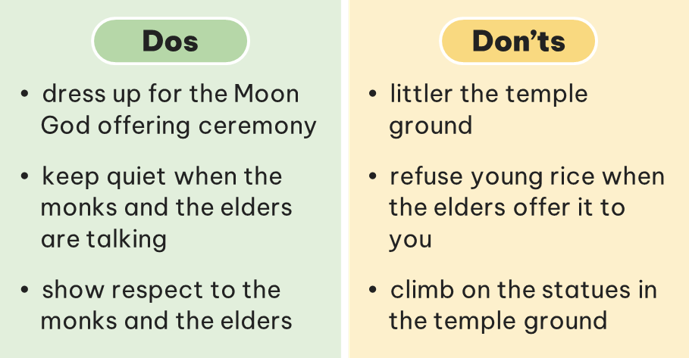
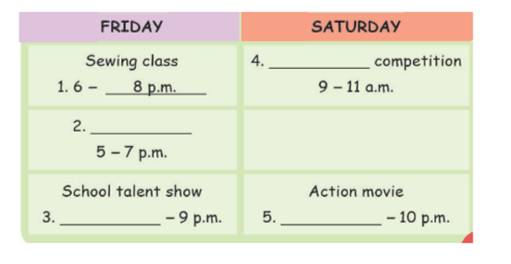
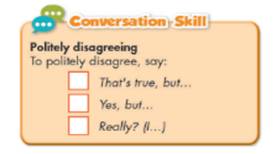
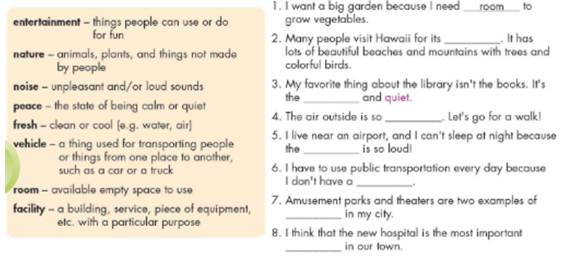
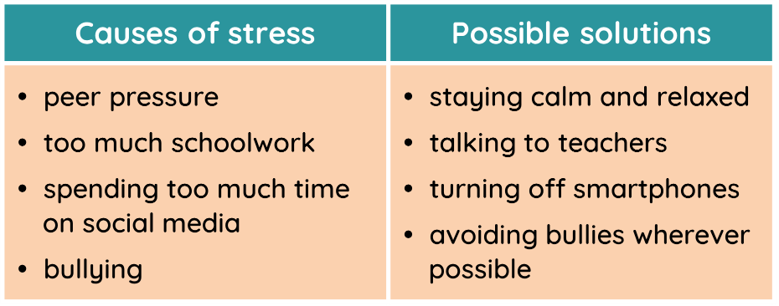

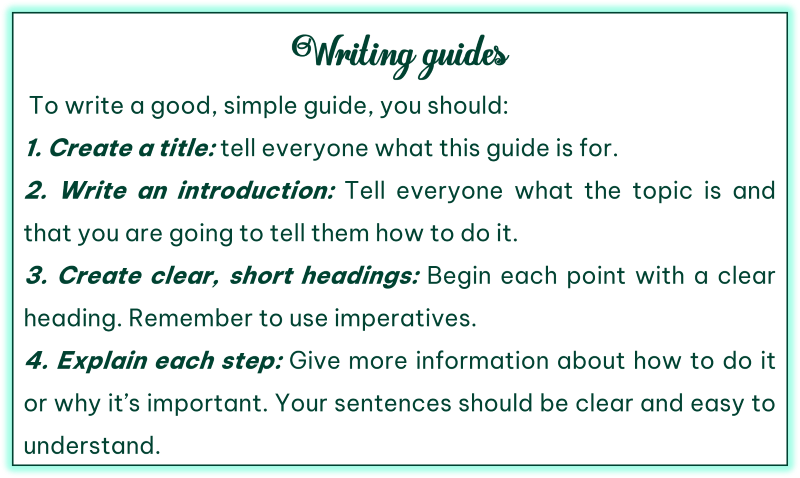
A. He’s walking through the forest. She’s walking around the forest.
B. He’s pushing the snowball up the hill. She’s skiing down the hill.
C. He’s jumping over the puddle. He’s stepping on a rock.
D. He’s jumping off the fence. He’s going under the garage door.